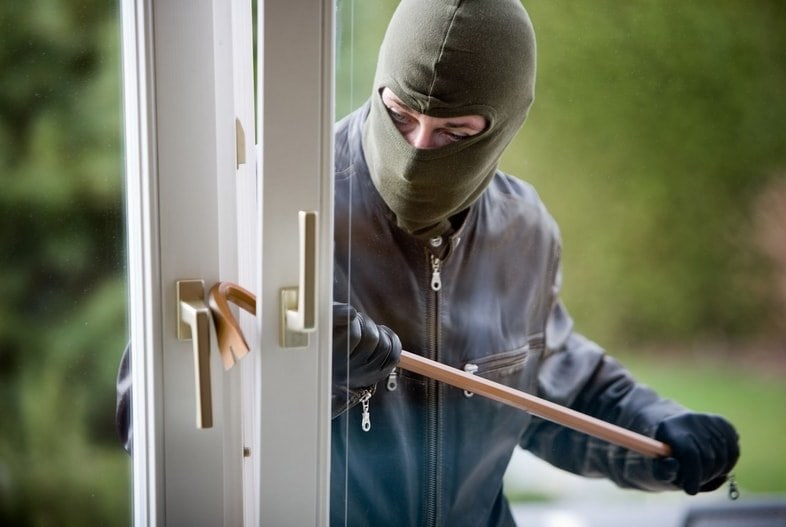Top Rated Criminal Lawyers | Call Us 24/7
Breaking and entering charges relate to forceful entry into a place with the intention of committing an indictable offence. Break and enter is a serious allegation with serious consequences.
At the law firm of Pyzer Criminal Lawyers, we have over 35 years of experience defending breaking and entering allegation with a strong record of success. Our office will help you pursue every viable defence against your break and enter allegations to the furthest extent possible.
If you are facing burglary charges contact our experienced criminal defence lawyers for aggressive and effective representation!


Most commonly, break and enter crimes involve the forceful entry into a residence, business or commercial property, but they may also include uninvited entry into a vehicle such as a car, trailer, or train car.
Often when people are charged with breaking and entering, they will also face charges of possession of property obtained by crime.
Breaking and entering charges are punishable in Section 348 of the Canadian Criminal Code.
In Canada, section 348 of the Criminal Code defines the offence of breaking and entering and outlines the various actions that an individual may be accused of committing when they face a break and enter criminal charge.
Criminal charges of breaking and entering are typically divided into two parts.
The first part involves the determination of whether the accused person unlawfully broke in, or entered a place without invitation. It is important for those accused of burglary charges to take stock of the fact that no actual “break-in” needs to have occurred for one to be charged. Entering a place without invitation with the intent to commit an indictable offence may be sufficient grounds for being charged, even in cases where no property is stolen or damaged.
The second part of break and enter crimes involve the determination of whether the person committed or intended to commit additional indictable offences like assault, robbery or theft. If an accused does not have the intention to commit an indictable offence, but nevertheless unlawfully enters a premise, they may be committing other offences in the Criminal Code, such as trespassing at night. Unless there is evidence to the contrary, it will be presumed that the breaking and entering is done with the intention of committing an indictable offence or more serious crime.
The act of entering an unlocked door after knocking does not constitute breaking under breaking and entering. A lawyer would have to review the specific facts of your case to determine if the Crown could prove that the accused intended to commit an indictable offence.
While Canada does not have felony offences, breaking and entering is an indictable offence or a hybrid offence under the Criminal Code in Canada depending on how the Crown elects to proceed in the case.
Sentences for break and enter crimes vary in severity and duration. Most break and enter crimes are committed when nobody is present or when the victim(s) or complainant is not present at the site of the crime. Cases in which complainants are present, weapons are used, or in which violent threats or attacks were committed constitute as a “home invasion” and can result in lengthier sentences, up to 10 years of imprisonment, upon conviction
The maximum sentence for break and enter offences is life imprisonment in the case of an indictable offence. In a Hybrid offence, if the Crown proceeds by indictment then the maximum penalty is ten years imprisonment. The maximum sentence is two years less a day under summary conviction.
There are numerous defences which can be raised by a lawyer in break enter cases. In cases where the accused can argue that they had an invitation to enter the place in question, they may have a viable defence for their defence lawyer to argue. As well, intoxication may be a defence to the “intent to commit an indictable offence” element of the offence.
At Pyzer Criminal Lawyers, we have successfully defended numerous allegations of Break and Enter, by challenging the identification evidence or by raising a reasonable doubt as to the intention to commit an indictable offence within the place entered. In numerous cases, we have been able to achieve a withdrawal of charges prior to trial on the basis that there was “no reasonable prospect of conviction”.